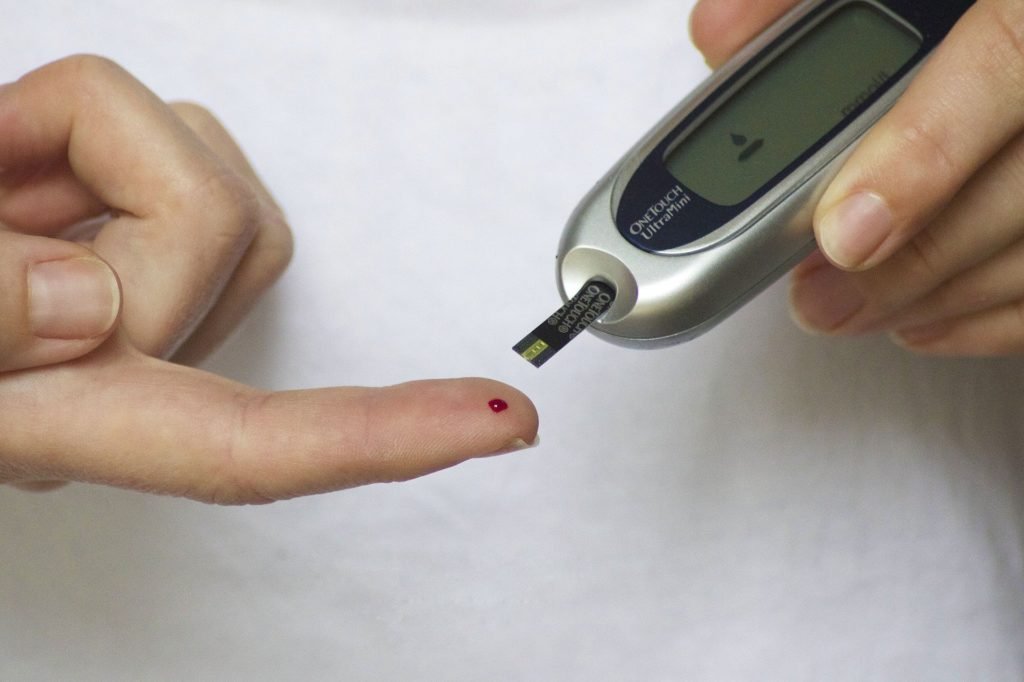Cardiologists are medical professionals who specialize in diagnosing and treating conditions and diseases of the heart. They may perform procedures such as angioplasty, cardiac catheterization, and pacemaker implantation. Cardiologists may also prescribe medications to help treat heart conditions.
Cardiologists also often treat conditions that affect the blood vessels, such as high blood pressure and atherosclerosis. Many cardiologists also specialize in electrophysiology, which is the study of the heart’s electrical activity.
Training and qualifications
Cardiologists are highly trained and qualified medical professionals specializing in diagnosing and treating heart conditions. To become a cardiologist, one must first complete a four-year undergraduate degree in medicine. After graduating from medical school, cardiologists must complete a three-year residency in cardiology. Upon completing their residency, cardiologists are eligible to become board certified in cardiology. Board certification is not mandatory, but it is highly recommended as it demonstrates that a doctor has met the highest standards of care.
Cardiologists treat cardiac conditions.
Cardiologists are medical physicians who specialize in analyzing and treating conditions that affect the heart. Cardiologists can treat coronary artery disease, congestive heart failure, and arrhythmia. Cardiologists may use a variety of treatments to treat these conditions, including medications, surgery, and lifestyle changes.
One common condition that cardiologists treat is coronary artery disease. This condition occurs when plaque makes up in the streets that provide blood to the heart. This can narrow the roads, reducing the amount of blood that reaches the heart muscle. This can cause chest pain or shortness of breath. Cardiologists can use various treatments to open these narrowed arteries, including medications, surgery, and angioplasty. Another common condition that cardiologists treat is congestive heart failure.
Cardiology procedures:
When a patient has a heart-related problem, they often see a cardiologist. Cardiologists live with medical doctors who specialize in diagnosing and treating heart problems. Some of the procedures that cardiologists use to diagnose and treat heart problems include:
Electrocardiogram (ECG): This is a test that records the heart’s electrical activity. It can help doctors diagnose heart problems such as arrhythmias (abnormal heart rhythms) and myocardial infarction (heart attack).
Echocardiogram: This is an ultrasound of the spirit that can help physicians identify problems with the structure or function of the heart.
Stress test: This test measures how well the heart handles stress. It can help doctors determine if a patient is at risk for a heart attack or other type of cardiovascular disease.
How can I find a good cardiologist?
When looking for a cardiologist, it is essential to find one right for you. Here is a piece of rare information on how to see a good cardiologist:
The first step is to ask your family and friends for recommendations. They may know someone who has a good cardiologist that they can recommend. You can even examine online for reviews of cardiologists in your area. Once you have a few names, you should call each of them and ask some questions. You will want to determine if they accept new patients, what their hours are, and if they take your insurance. You should also ask about their experience and training in heart health. Finally, you should schedule appointments with the cardiologists you are interested in and see which one is the best fit for you.
Conclusion:
Cardiologists are an essential component of the medical society and play a crucial role in diagnosing and treating heart conditions. They work tirelessly to enhance the rate of life for their patients, and their research and innovations continue to save lives. If you or somebody you know is mourning from a heart condition, it is vital to see a cardiologist for treatment.


